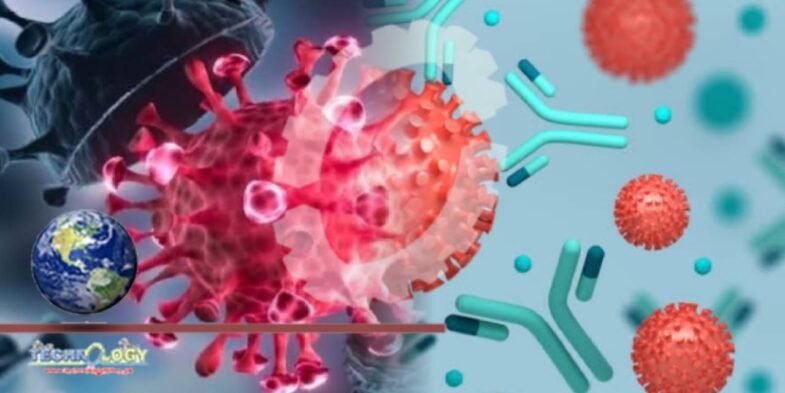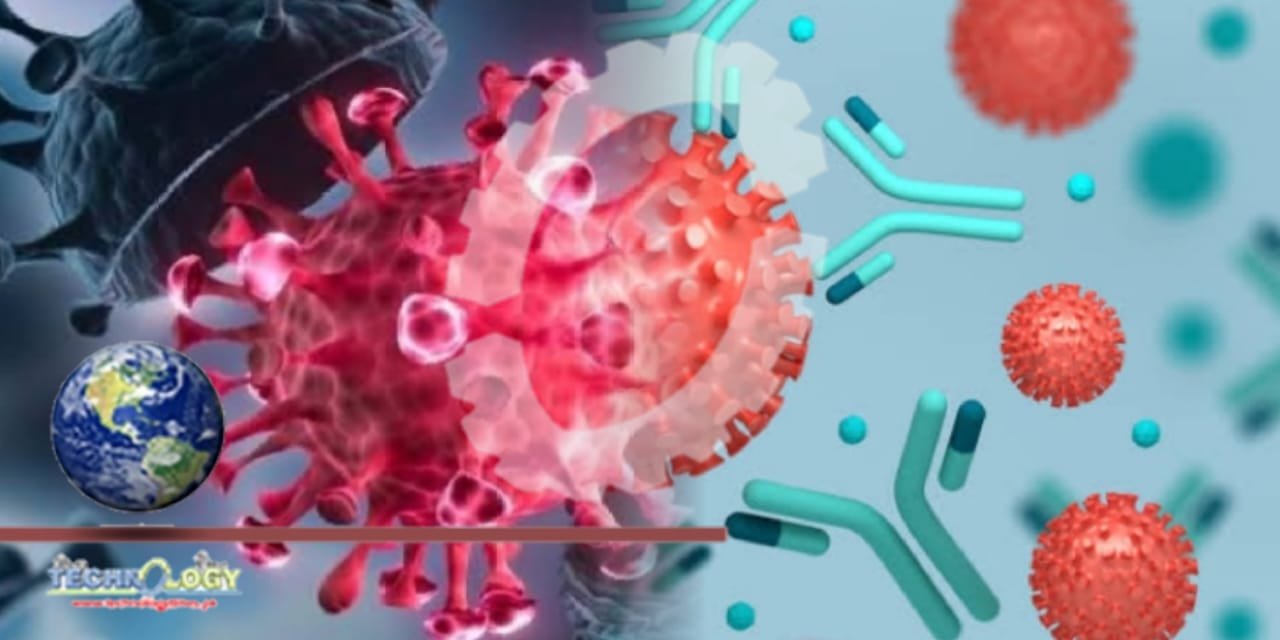Israel scientists say they’ve developed a test that can tell people how well they’ll respond to their COVID vaccination even before antibodies are formed in their body.

The test works by sequencing tiny fragments of DNA that are found in the blood and extracting information from them regarding what is happening in antibody-producing systems that are meant to kick in post-vaccination.
“Using our test, we could potentially tell people quickly after vaccination whether their immune system is responding,” Hebrew University researcher Ilana Fox-Fisher told The Times of Israel, explaining that existing antibody tests generally need at least two weeks after initial vaccination to deliver accurate results.
She added: “We just published a study in which we can see if people who received influenza vaccines are preparing to produce the right antibodies and memory B cells to give protection. We are now studying responses to coronavirus vaccines and expect to get similarly successful results.”
This could have benefits for elderly and immunocompromised patients, who want to know if they are developing protection, and for researchers who shape vaccination policy based on data about immune responses, according to Fox-Fisher.
She said the technology described in her newly peer-reviewed study has applications far beyond checking vaccine responses, and will actually work as a “liquid biopsy,” enabling doctors to detect some cancers and providing detailed information on various aspects of the immune system’s functioning.
Ilana Fox-Fisher of the Hebrew University in her lab (Courtesy of Hebrew University)
The main way to test immune health today is with a blood count, which measures white blood cells. But these often fail to catch immune system activity in the body’s remote tissues, such as those found in bone marrow, lymph nodes and other organs.
The new approach picks up many of these, and has even been able to detect lymphoma, a type of cancer that usually doesn’t show up in blood tests.
“When cells die they release small fragments of DNA to the bloodstream that are there for about 15 minutes, and we can learn lots from these fragments,” said Fox-Fisher. “That is what we are doing, via sequencing.”
Illustration of the new blood test pioneered at the Hebrew University , showing the fragments of DNA in the large triangle (courtesy of the Hebrew Univ
The research was supervised by Prof. Yuval Dor, who said that the information gathered “allows us to monitor human immune cell dynamics, and provide important information that isn’t accessible in standard blood cell counts”
He added: “This novel tool can illuminate healthy and pathologic immune processes taking place deep within tissues, which are not accessible at present.”
Fox-Fisher commented: “We’re hopeful this new blood test will give clinicians a more accurate picture of the state of their patient’s health, beyond the standard blood counts which often do not tell the whole story and frequently necessitate invasive follow-up tests and biopsies.”
Source: timesofisrael
